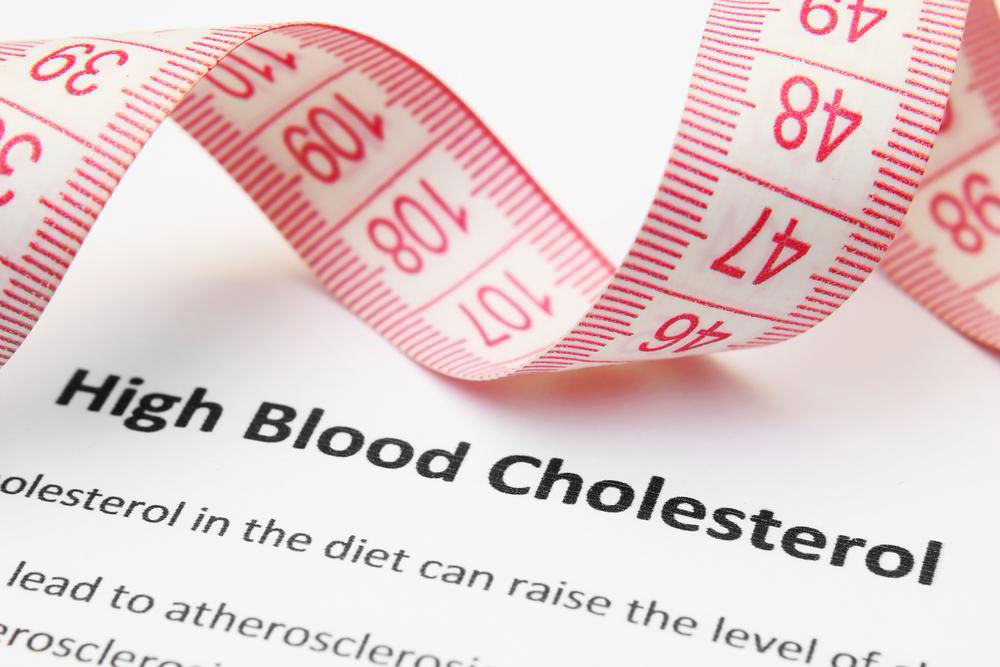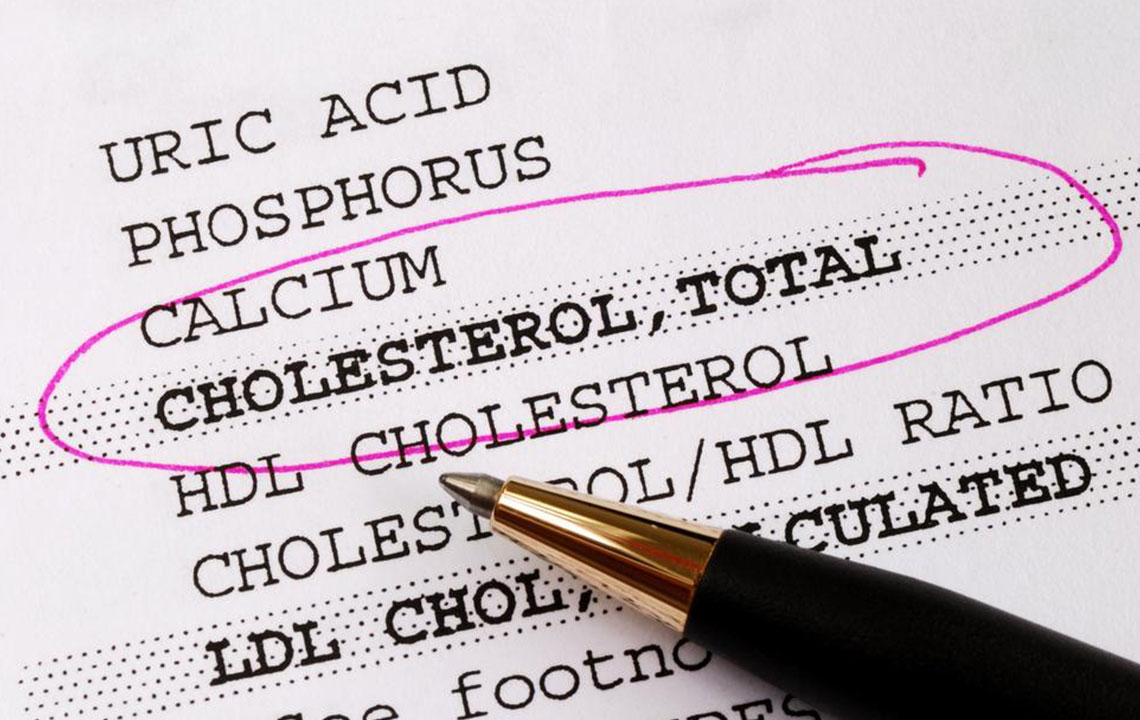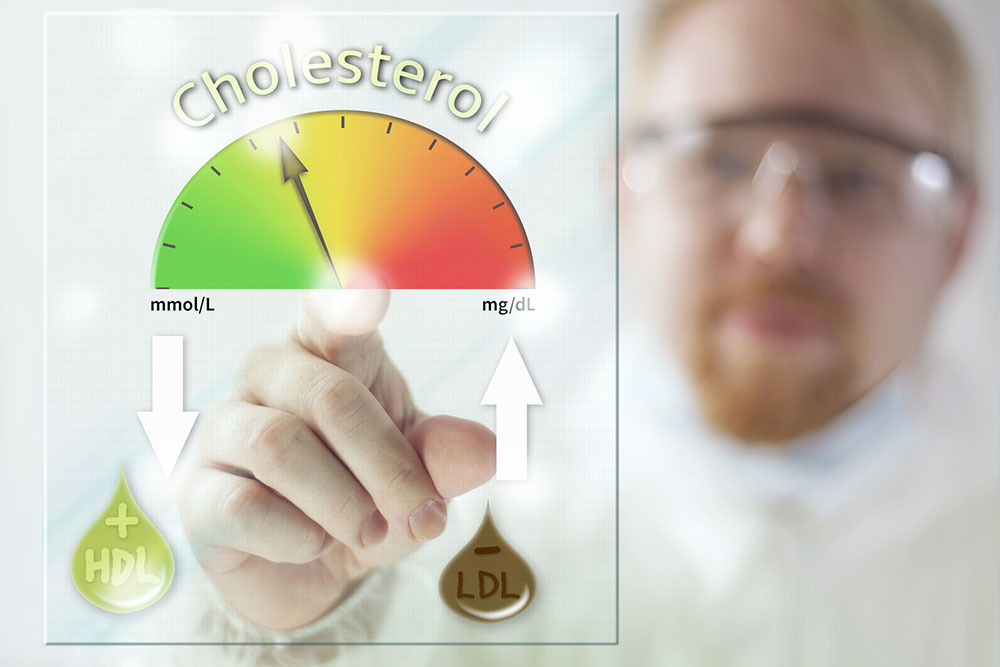Managing High Cholesterol: Symptoms, Risks, and Treatment Strategies
Learn about high cholesterol, its silent symptoms, associated risks, and effective treatment options. Discover how lifestyle changes, medication, and new therapies can help manage cholesterol levels, reducing the risk of heart disease and stroke. Regular check-ups and a healthy diet are essential for maintaining cardiovascular health.

Managing High Cholesterol: Symptoms, Risks, and Treatment Strategies
Cholesterol is a waxy, fat-like substance present in all body cells. Synthesized by the liver, it plays a vital role in producing hormones, vitamin D, and aiding digestion.
Transported via bloodstream by lipoproteins, maintaining healthy cholesterol levels is crucial for heart health. Elevated levels, especially of the LDL type, can lead to artery buildup and increase the risk of heart attacks and strokes. Conversely, HDL helps remove excess cholesterol, promoting cardiovascular well-being.
High cholesterol often presents no obvious symptoms, making regular check-ups essential. Excess cholesterol can deposit in arteries, forming plaques that narrow the vessels. Severe buildup may block blood flow, increasing the risk of cardiac events or strokes.
Symptoms such as chest pain or discomfort during physical activity might indicate artery issues. Managing cholesterol effectively involves lifestyle modifications and, when necessary, medication.
Effective Approaches to Lower Cholesterol
Medications
Medical professionals often recommend lifestyle enhancements combined with drugs if required. Medications are tailored based on individual health profiles to reduce LDL levels.
Physical Activity
Engaging in regular exercise, such as brisk walking, swimming, or cycling, can elevate HDL and lower LDL. Aim for about 30 minutes of moderate activity five to seven days a week, complementing a nutritious diet.
Quitting Smoking
Smoking diminishes HDL levels and exacerbates cardiovascular risks. Quitting reduces cholesterol levels and enhances arterial health. Avoid passive exposure to cigarette smoke as well.
Weight Management
Excess weight correlates with higher LDL and overall cardiovascular risk. Losing weight through a balanced diet and regular exercise significantly improves cholesterol levels.
Heart-Healthy Dietary Choices
To lower cholesterol, limit saturated and trans fats found in fried foods, red meats, and full-fat dairy. Incorporate omega-3 rich foods like salmon, mackerel, and tuna, along with fruits, vegetables, lean poultry, whole grains, and nuts. Use healthy oils such as vegetable oil in cooking.
Innovative Treatments
Newer therapies, including injectable medicines like alirocumab or evolocumab, assist in cholesterol reduction when traditional meds are ineffective. These treatments help the liver eliminate excess cholesterol and are administered biweekly. Research is ongoing to optimize these options further.
When to Seek Medical Advice
If symptoms or risk factors arise, consult a healthcare professional promptly. Regular blood testing, typically every five years, monitors cholesterol levels. More frequent testing may be advised for those with family history or other risk factors. Implementing lifestyle and dietary changes remains the most accessible way to promote heart health and manage cholesterol effectively.
Note:
Our articles aim to provide helpful insights across various health topics. While our research offers valuable information, it should not replace professional medical advice. Readers are encouraged to consult healthcare providers for personalized diagnosis and treatment. The website does not guarantee the completeness of the data or cover all available health schemes and offers that may benefit you.










